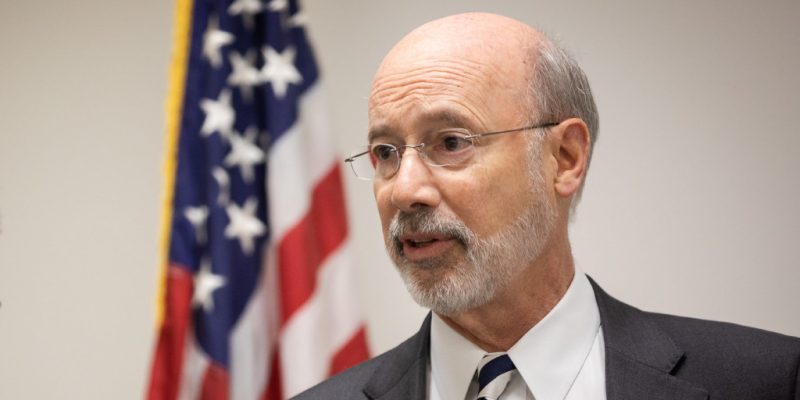HARRISBURG – Building on his commitment to workers, Gov. Tom Wolf announced the state’s Independent Regulatory Review Commission (IRRC) voted Friday to approve the Department of Labor & Industry’s final regulation that will extend overtime pay eligibility to 82,000 more workers.
“This is an important victory for thousands of workers,” said Wolf. “People who work overtime should be paid for it. This is absolutely the right thing to do.
“Today’s approval of my plan will modernize our outdated overtime rules so more people are eligible for time-and-a-half pay. This will put more money in the pockets of workers and strengthen the middle class.”
The new regulations require overtime pay to most full-time salaried workers in executive, administrative and professional jobs if they make less than $45,500 by 2022.
This increase will be phased in over three steps:
- $684 per week, $35,568 annually (federal rule that went into effect Jan. 1, 2020);
- $780 per week, $40,560 annually in 2021; and
- $875 per week, $45,500 annually in 2022.
- Starting in 2023, the salary threshold will adjust automatically every three years.
The Attorney General must approve the final regulation before it can be published in the Pennsylvania Bulletin and go into effect later this year.
In addition to the 82,000 workers who will benefit from Pennsylvania’s new overtime regulations, the federal government raised the salary threshold to $35,568 on Jan. 1, 2020, which made 61,000 Pennsylvanians newly eligible for overtime.
With the combined rule changes, an estimated 143,000 more workers will be eligible for time-and-a-half pay by 2023.
Earlier this week, Wolf reinforced his commitment to helping hardworking Pennsylvanians by reintroducing his proposal to increase Pennsylvania’s minimum wage to $12 an hour with a pathway to $15.
“Despite widespread support from the public, it’s been more than a decade since the General Assembly passed a minimum wage increase,” added Wolf.
“There are far too many Pennsylvanians working full-time and multiple jobs who are still unable to support themselves and their families.”
The governor’s proposal would give a direct wage increase to 1 million workers, provide better financial stability for women, rural and tipped workers, enable thousands of people to work their way off public assistance and grow the economy for everyone.
Pennsylvania’s minimum wage has been stuck at $7.25 an hour since 2009, the ?minimum wage allowed by federal law. A full-time, year-round minimum wage worker earns only $15,080 annually, less than the federal poverty threshold for a family of two. Twenty-nine states have a higher minimum wage and 21 states are increasing the wage floor this year.
The governor’s proposal raises the minimum wage to $12 an hour on July 1, 2020 with annual 50 cent increases until reaching $15 an hour in 2026.
When workers are paid fairly, fewer people will need public assistance. At $15 an hour, nearly 93,000 adults will leave Medicaid and the workers will generate more than $300 million in state tax revenue in 2026.
